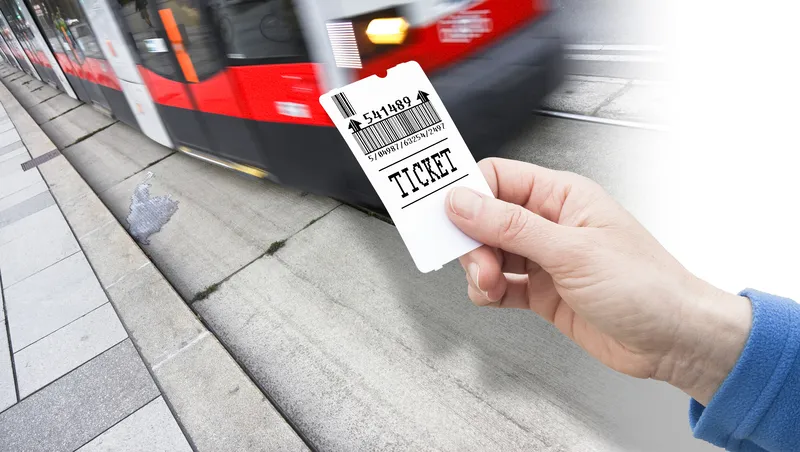Following its decision in March to make the first US$16.4 billion tranche of funding available for trans-European transport network projects, the European commission has now adopted the first work programmes within this framework: a multi-annual work programme covering larger projects with a total budget of US$15.1 billion and an annual work programme for 2014 addressing smaller projects with a budget of US1.3 billion.
The funding priorities set out in these programmes include: The closing of missing lin
April 8, 2014
Read time: 3 mins
Following its decision in March to make the first US$16.4 billion tranche of funding available for trans-European transport network projects, the 1690 European Commission has now adopted the first work programmes within this framework: a multi-annual work programme covering larger projects with a total budget of US$15.1 billion and an annual work programme for 2014 addressing smaller projects with a budget of US1.3 billion.
The funding priorities set out in these programmes include: The closing of missing links at border-crossing points between member states and the removal of major bottlenecks, in particular along the nine corridors of the TEN-T core network; The promotion of interoperability to overcome technological barriers at national borders, notably in the rail sector; The strengthening of multi-modality in order to facilitate seamless transport chains for passengers and freight (including freight transport services), as well as the full integration of urban nodes into the network and notably in the core network corridors; The stimulation of innovative approaches in line with future technological trends (also covering the indispensable "communication" between infrastructure and vehicles, between hardware and software); The strong emphasis on EU transport policy and legislation, in fields such as railway policy or maritime policy, "clean power for transport", urban mobility, safety and telematics applications for all transport modes; and the opening of funding possibilities for third countries, notably for cross-border projects and participation in major European projects such as SESAR, intelligent transport services, river information services or motorways of the sea.
The budget will boost key projects of the nine core network corridors and help advancing transport policy objectives such as the achievement of interoperability, the promotion of inter-modality and the stimulation of innovation. It is vital for bridging the gap between the East and the West of the Union.
The Connecting Europe Facility (CEF), which governs EU funding for infrastructure projects in the fields of transport, telecommunication and energy during the period 2014–2020, foresees an allocation of US$35.7 billion for transport infrastructure out of which US$15.5 billion is earmarked for projects in member states which are eligible for funding from the Cohesion Fund. Funding will be concentrated on priorities which have been set out in the Union Guidelines for the development of the trans-European transport network and further specified in the CEF Regulation.
Calls for project proposals will be published by 1 September 2014.
The funding priorities set out in these programmes include: The closing of missing links at border-crossing points between member states and the removal of major bottlenecks, in particular along the nine corridors of the TEN-T core network; The promotion of interoperability to overcome technological barriers at national borders, notably in the rail sector; The strengthening of multi-modality in order to facilitate seamless transport chains for passengers and freight (including freight transport services), as well as the full integration of urban nodes into the network and notably in the core network corridors; The stimulation of innovative approaches in line with future technological trends (also covering the indispensable "communication" between infrastructure and vehicles, between hardware and software); The strong emphasis on EU transport policy and legislation, in fields such as railway policy or maritime policy, "clean power for transport", urban mobility, safety and telematics applications for all transport modes; and the opening of funding possibilities for third countries, notably for cross-border projects and participation in major European projects such as SESAR, intelligent transport services, river information services or motorways of the sea.
The budget will boost key projects of the nine core network corridors and help advancing transport policy objectives such as the achievement of interoperability, the promotion of inter-modality and the stimulation of innovation. It is vital for bridging the gap between the East and the West of the Union.
The Connecting Europe Facility (CEF), which governs EU funding for infrastructure projects in the fields of transport, telecommunication and energy during the period 2014–2020, foresees an allocation of US$35.7 billion for transport infrastructure out of which US$15.5 billion is earmarked for projects in member states which are eligible for funding from the Cohesion Fund. Funding will be concentrated on priorities which have been set out in the Union Guidelines for the development of the trans-European transport network and further specified in the CEF Regulation.
Calls for project proposals will be published by 1 September 2014.









